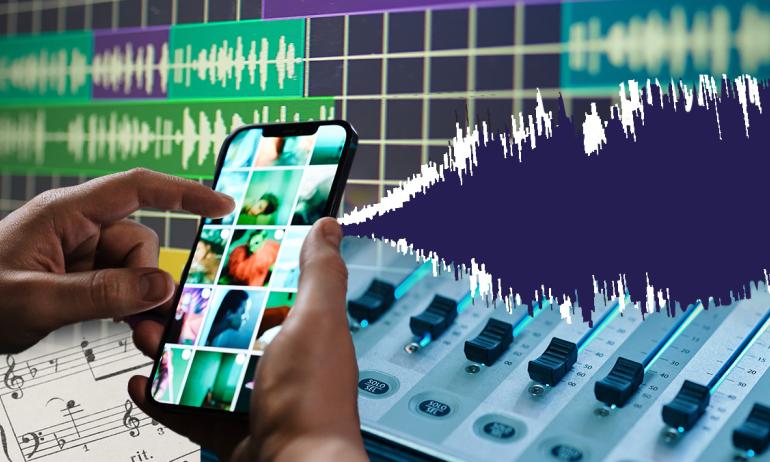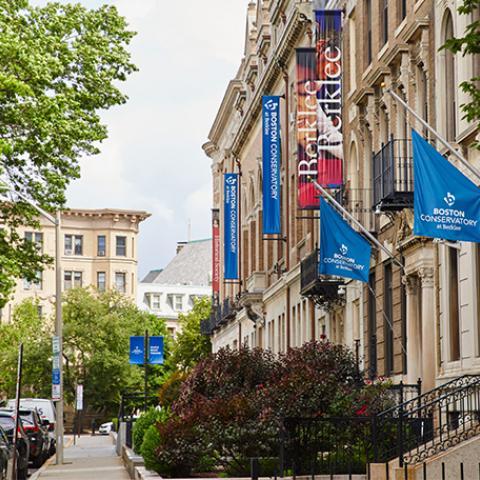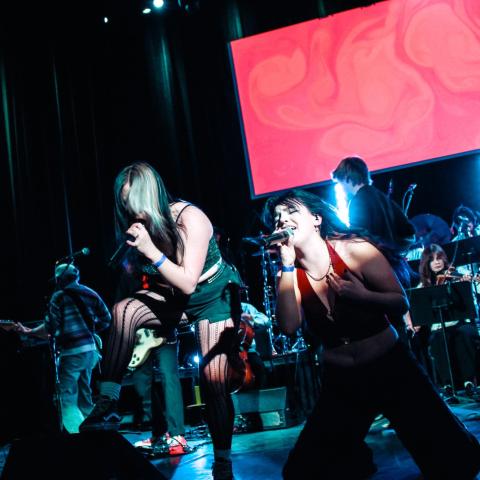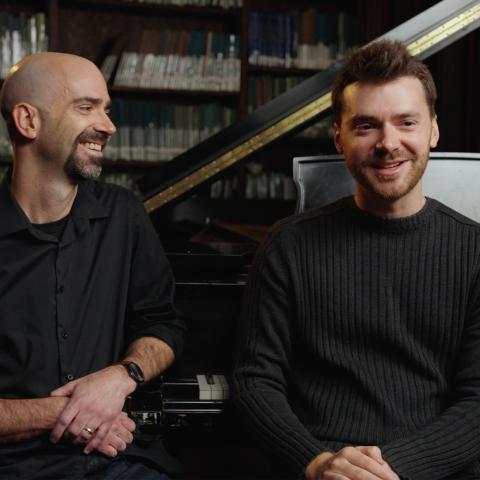Berklee Opens Its Doors to Electronic Digital Instruments
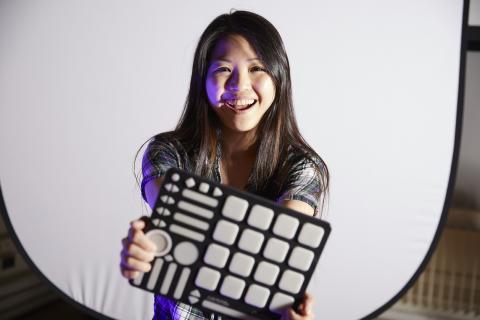
Berklee students will be able to select an Electronic Digital Instrument (EDI) as their principal instrument at the college starting in the fall of 2019 (pictured: Claire Lim B.M. '18).
Kelly Davidson
Berklee College of Music will welcome incoming students to select an electronic digital instrument (EDI), a computing device equipped with music software and performance controllers, as their principal instrument at the college beginning in 2019. The EDI initiative will allow Berklee to cater to the needs of all musicians, including those who do not play a traditional instrument. Undergraduates entering the college in the fall of 2019 and beyond will also be able to select an EDI as a principal instrument, an option that was also made available to students in the 2018 Five-Week Summer Performance Program.
The inclusion of an EDI as a principal instrument at Berklee recognizes the central role that computers play in all types of music-making. Students at Berklee currently compose and produce a variety of music using a computer, and performing music with an EDI is a natural progression in developing a contemporary performance practice. According to a report from the International Music Summit earlier this year, electronic music is growing at a steady rate worldwide, and the industry could be worth $9 billion by 2021. Hardware and software used for EDIs (in the study, Pioneer DJ and Native Instruments are primary examples) continue to grow year to year; in general, the music production software industry is expected to grow at over 9 percent per year through 2021.
“This new initiative is going to have a huge effect on the field of music education,” said Michael Bierylo, chair of the Electronic Production and Design Department at Berklee. “We’ll now have the opportunity to study and teach an important way that artists are currently exploring music.”
Berklee faculty members are developing an audition and evaluation process for students applying to the college as an EDI principal. Once at the college, EDI students will further develop their performance capabilities, allowing them to explore a variety of repertoire along with other traditional instrumentalists. The introduction of new technology will add to the breadth of Berklee’s academic options and create new opportunities for collaborations across a wide scope of principal instruments.

